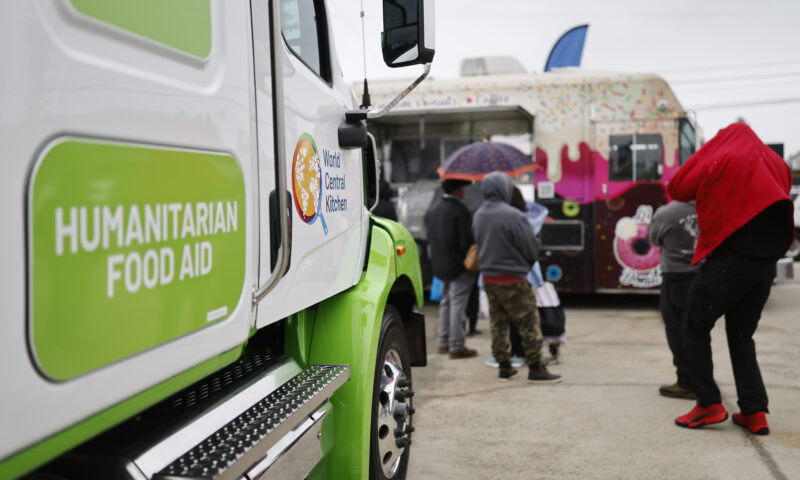
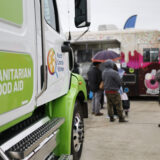
In ways subtle and extreme, the warming climate is hitting those with the least the hardest.
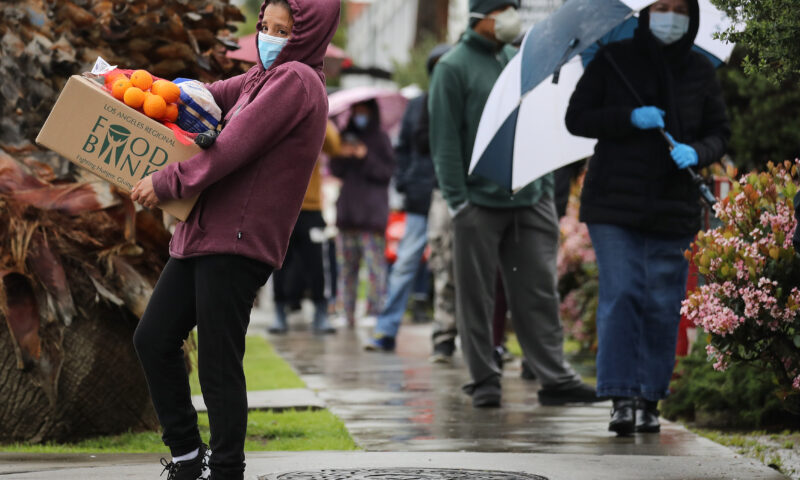
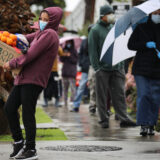
As Congress rolls back food aid, California families are facing increasing hardship.
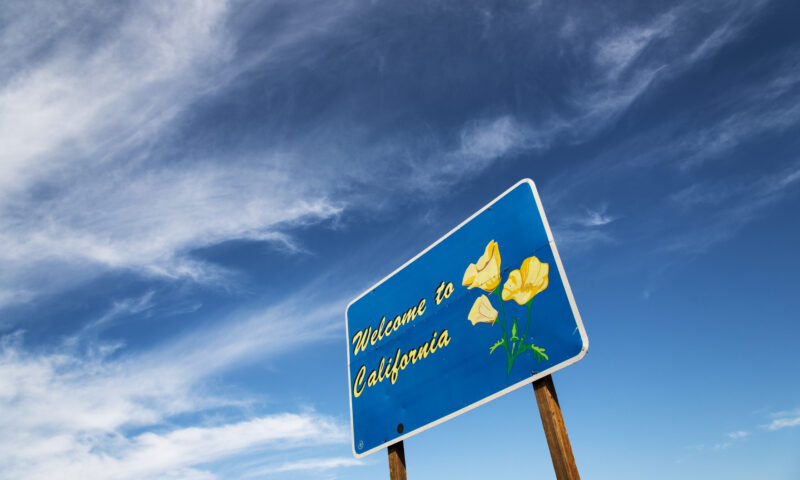

Seventy percent of the state’s residents think kids in the state will be financially worse off than their parents.
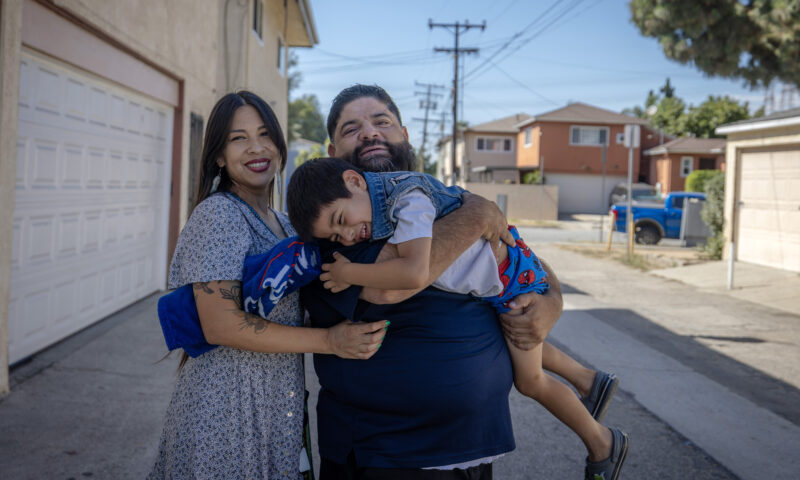
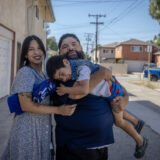
A national nonprofit uses financial and life coaching to teach low-income parents how to move up to living wages and beyond.
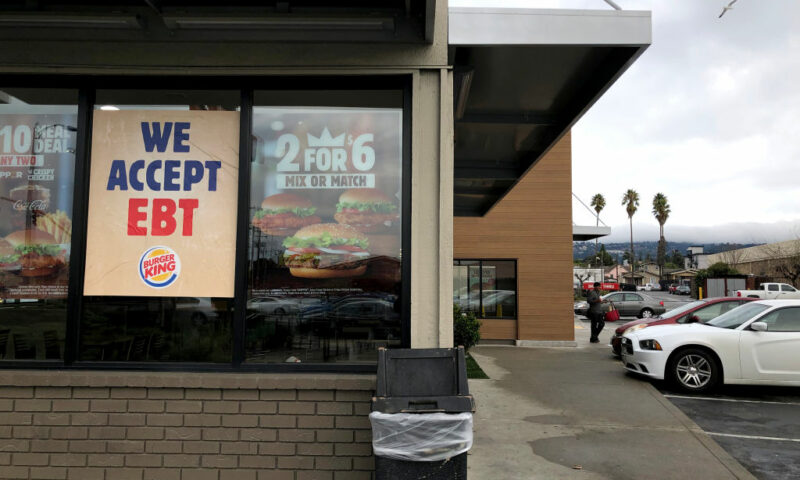
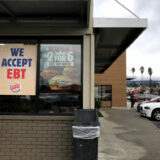
Researchers say new data shows need to pull back tax breaks for the wealthy to spend on aid.
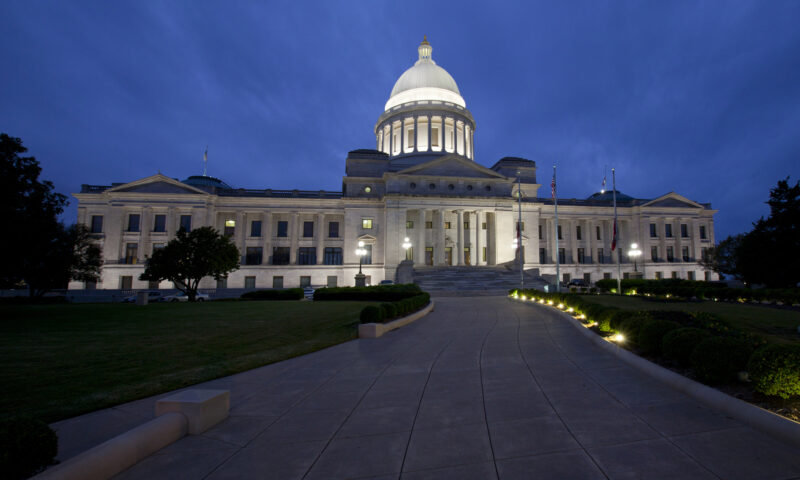

Despite widespread support for cash grants, a dark money-funded policy group is influencing GOP lawmakers to prohibit them.
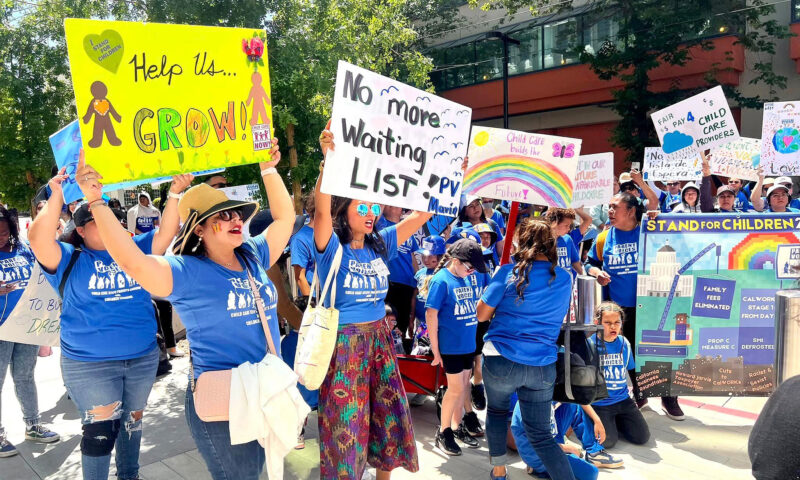
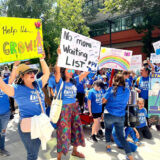
Advocates say significant cuts to mental health and employment services highlight a failure to inform CalWorks recipients about available services.
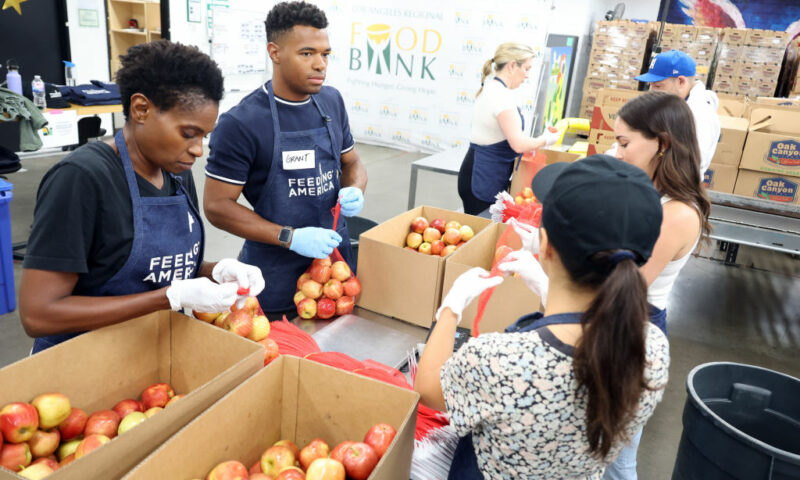

With the end of direct cash payments, poverty levels are moving up.
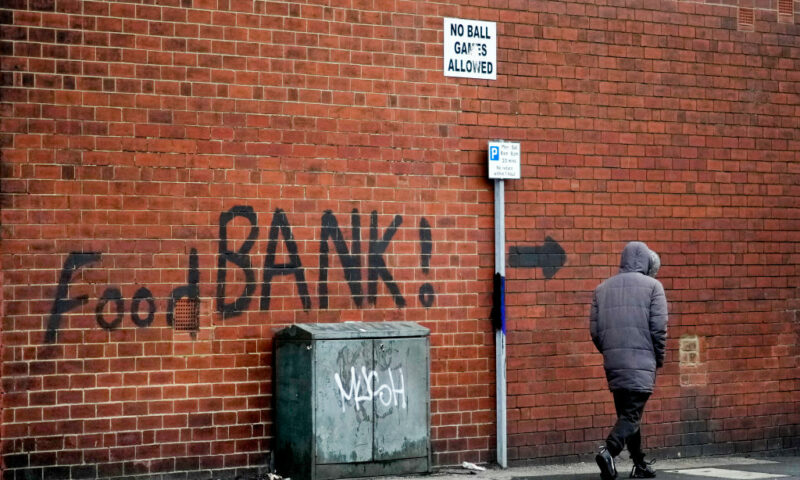

In The Guarantee, Natalie Foster discusses how the pandemic spurred bold economic reforms and highlights the need for ongoing advocacy to ensure a more fair economy.
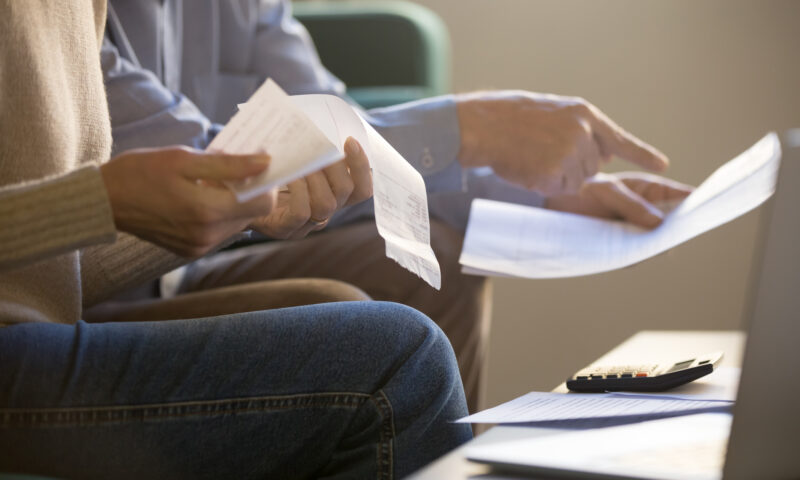

More than 7 out of 10 think children will be worse off than their parents and favor spending on tax credits, child care and job training.


The lowest income Californians are more likely to have lingering symptoms, and more likely to lose jobs.
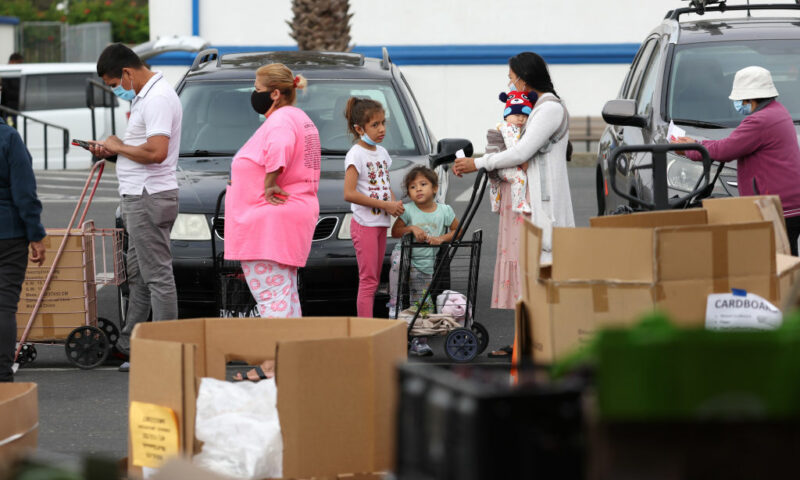
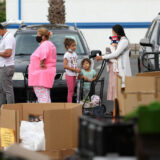
The end of pandemic relief programs is returning millions of children to poverty.
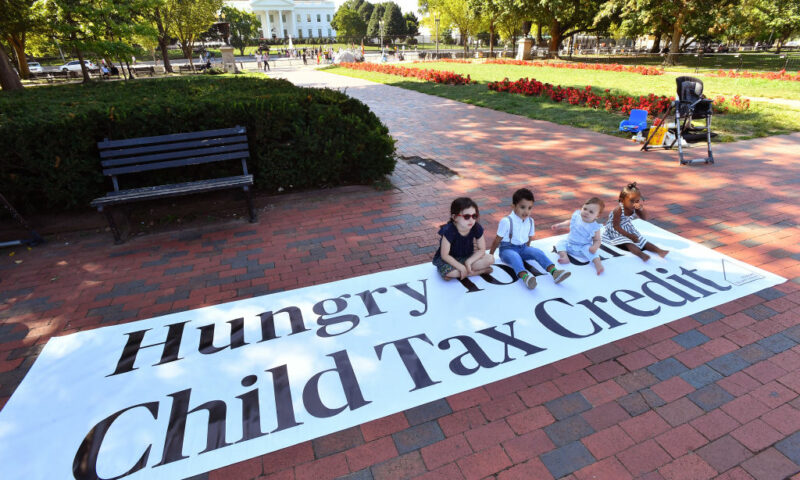
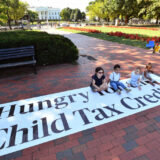
New Mexico is one of 10 states that have created or expanded child tax credits after Congress let a federal program expire.
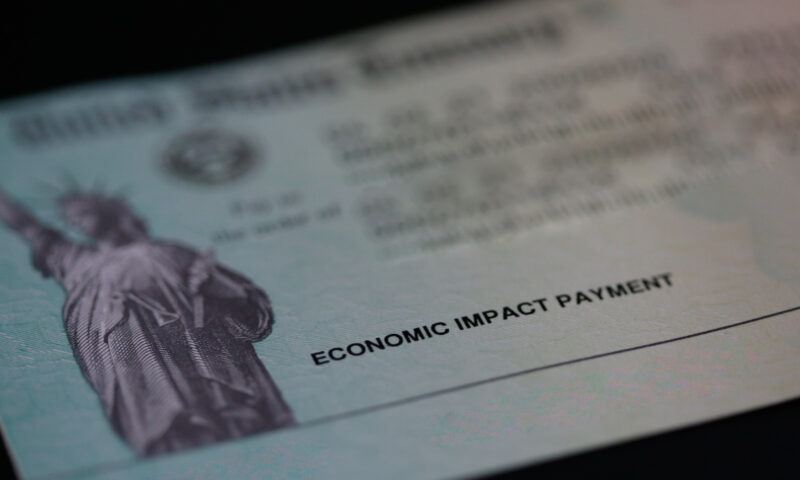

The secret to diminishing economic inequality: Government aid matters.
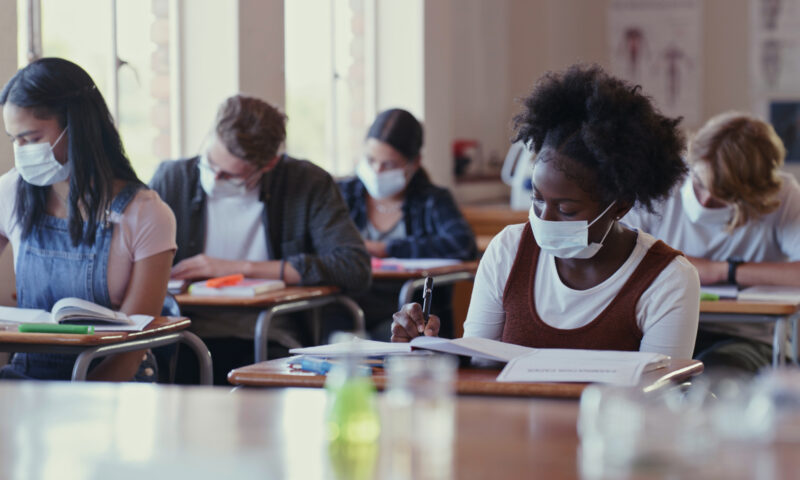

The uneven impact of the pandemic has fallen heaviest on the most vulnerable students in the state.
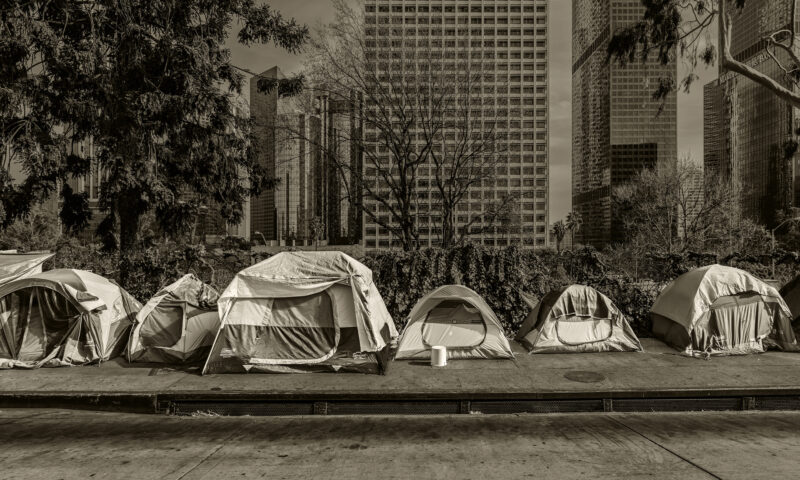
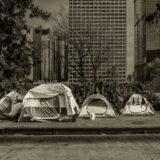
Michael Tubbs, who launched Stockton’s famous universal basic income experiment, discusses his EPIC project with Manuel Pastor, director of USC’s Equity Research Institute.


As L.A. County unveils the most ambitious ‘free money’ program to date, studies show they help participants regain control of their lives.
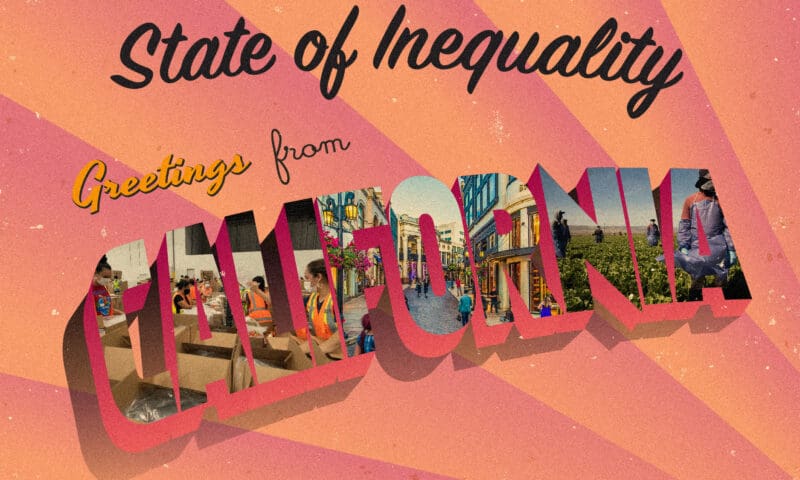
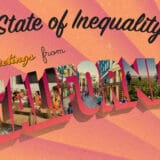
Exploring income inequality in the land of milk and money.
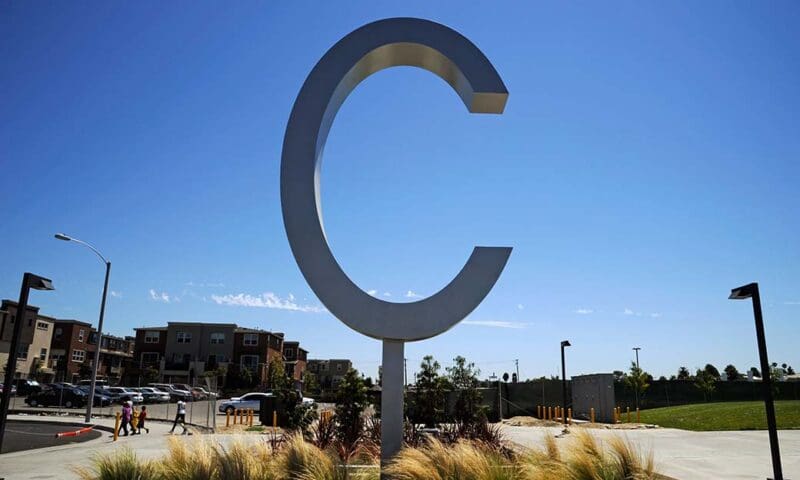

Eight hundred low income households are receiving monthly payments through the Compton Pledge guaranteed income program.
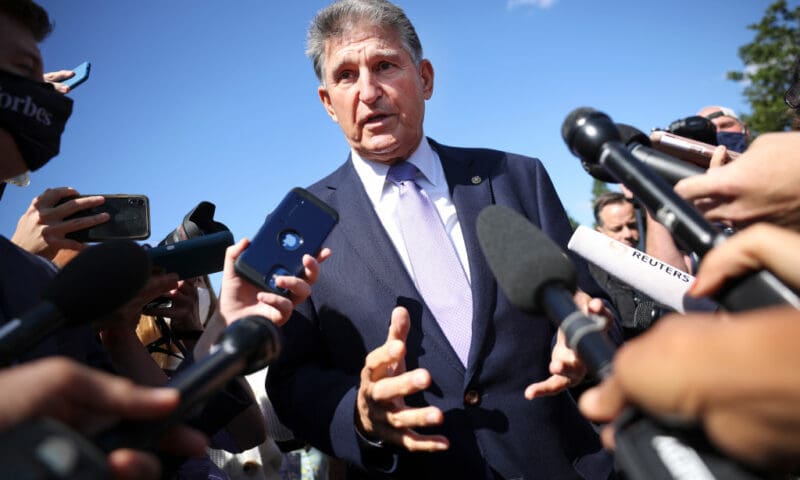

Sen. Joe Manchin and Rep. Henry Cuellar represent areas that have some of the highest poverty rates in the U.S.